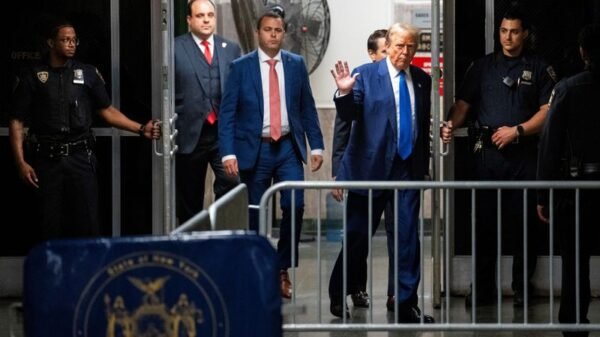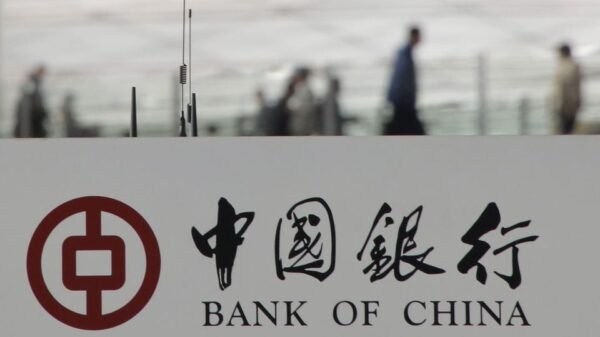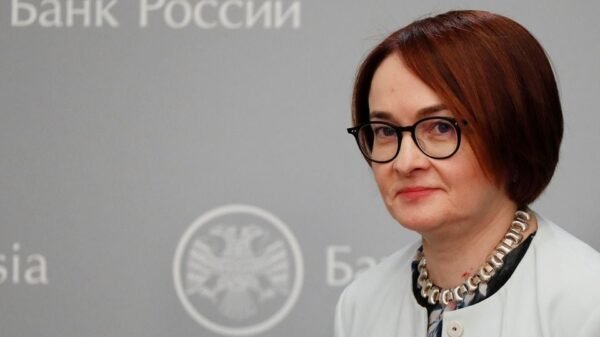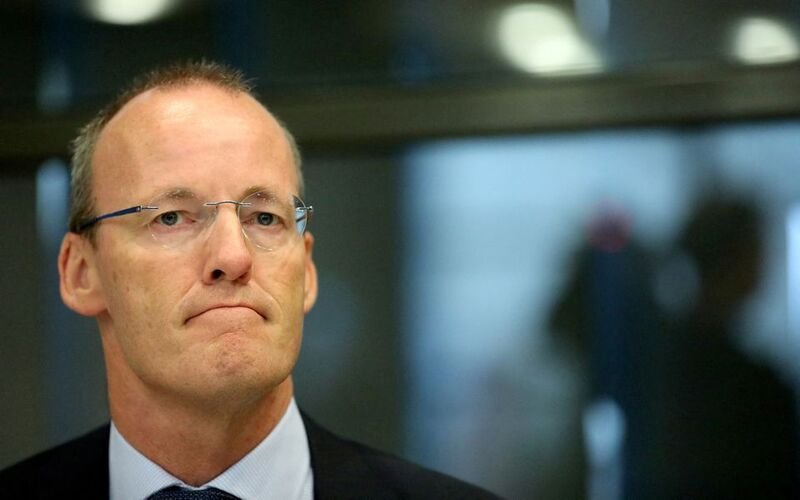On Wednesday, the G20’s financial watchdog said its post-crisis regulations had averted contagion from the new banking sector turbulence, but it would stay cautious if the outlook worsened.
The Financial Stability Board (FSB) developed measures to stop too-big-to-fail banks after taxpayers bailed out lenders during the 2007–09 crisis.
This month, regulators managed Silicon Valley Bank’s collapse and Switzerland’s forced purchase of Credit Suisse.
FSB Head Klaas Knot wrote to G20 finance ministers and central bankers in Washington that the current market shock “put to the test” the G20’s financial reforms.
He claimed “quick and effective” Swiss, US and other authorities preserved global financial stability.
Knot argued that bank stress might have spread across the financial sector without these measures.
Knot said financial authorities needed to “learn and act” since financial stability was more uncertain.
The FSB has been flagging risks related to excessive debt levels, business models predicated on low-interest rates, stretched asset values, and leverage and liquidity mismatches in non-bank financial intermediation (NBFI).
Knot said increasing interest rates and a sluggish economy affect these vulnerabilities.
“Therefore, authorities must monitor changes. The FSB will study previous occurrences in the next months to learn from them “said Dutch central bank governor Knot.
Knot said the FSB would continue working on crypto assets, NBFI, and climate change despite the banking crisis.






























































Comment Template